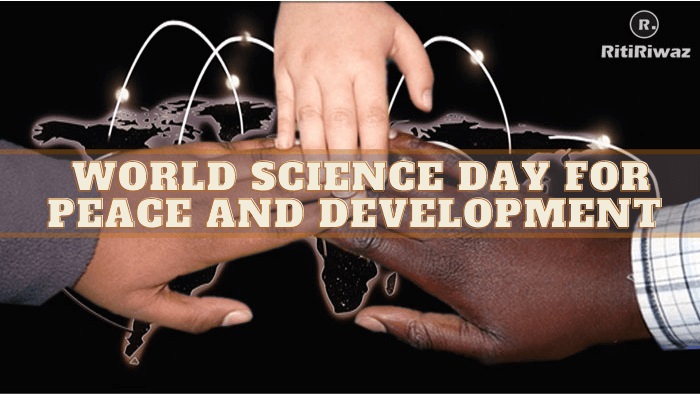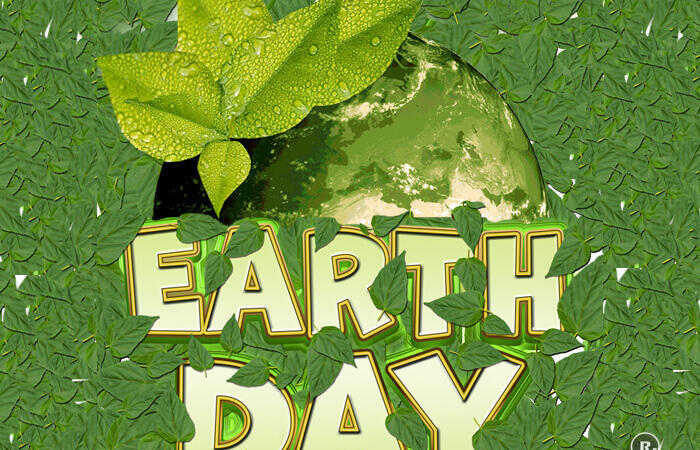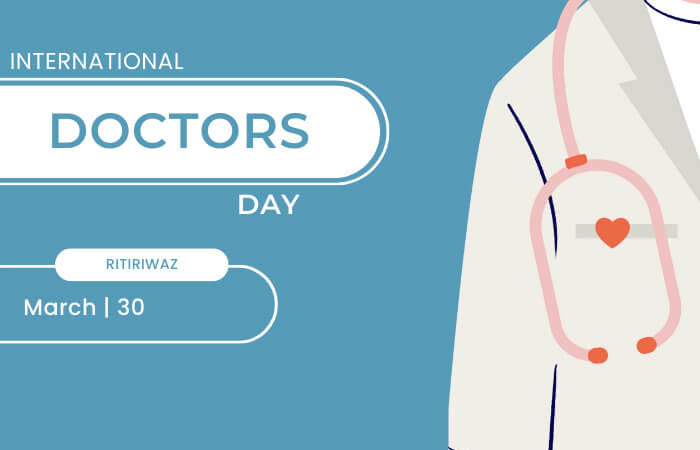World Science Day for Peace and Development – 10th November

The United Nations created World Science Day to urge people to use science on behalf of peace and to come up with innovative technologies to make a sustainable future!
World Science Day for Peace and Development (WSDPD) highlights science’s important role in peace and development and how they affect daily life. The World Science Day for Peace and Development links science more closely with society and makes it helps us in understanding the role scientists play in making our societies more sustainable and livable. This day is used to inspire people to participate in scientific activities, and how science is relevant to how we live our lives.
At a time of enormous demands on science to produce actionable knowledge needed to achieve the Sustainable Development Goals, trust in science and scientific evidence has arguably been eroded by the spread of misinformation or ‘alternative facts’. The human right to access and participate in science and its benefits has never been more important. The World Science Day for Peace and Development provides an opportunity to reassert the human right to participate in and benefit from science in the context of today’s global challenges.
The Theme of the year 2024 is “Why Science Matters – Engaging Minds and Empowering Futures.”
Science is one of the best tools we have for making life better.
Unfortunately, humanity has used many scientific discoveries and technological inventions in ways that have made the environment worse and the world less safe. Thousands of nuclear bombs sitting around… Oil spills… Burning fossil fuels creating smog and global climate change… These are just a very few on the highlight reel of humankind’s negative impact on the world.
Some people look at these grim results of science and technology and wring their hands about science itself. They blame inventions and technology rather than overpopulation, the drive to dominate land and resources, and profit-driven short-term thinking.
How science has shaped the world we live in today
• Science has allowed us to “master nature” to a certain extent
• Science has evolved over time
• Our knowledge of the physical universe has greatly expanded over the millennia
Influence of Science in our daily lives
The influence of science on our daily lives is huge. That impact can be positive and also negative. As men evolve so does science with it, think for a while and look around how much science matter to you. It affects us all, every day of the year, from the moment we wake up, all day long, and will always affect us into the future. Consider scientific wonders of the 20th century alone: air travel, automobiles, computers, television, robotics, and more. It’s difficult to imagine a world without these, and the ways our lives have been impacted.
Technology
Science has progressed too far in Technology is you look at the past when you don’t have computers, mobile phones what the world was like. Now with the invention of the internet, you can communicate with anyone in this world.
Medicine
Science helps us cure diseases and this is one of the brightest sides of science. Without vaccines, people would still die from diseases that belonged to the 19-20th century. Life expectancy is longer, life is better. Doctors can detect disease much earlier before they become dangerous.
Education
Education by technology has gained new meaning in this Pandemic when all education has gone online. Schools have started online classes for kids and now you can learn almost everything on the internet.
Electricity
Electricity is a scientific wonder, it is a form of energy that results from the motion of charged electrons, electricity is one of mankind’s greatest scientific achievements. Making it possible for you to have daylight even after sunset. Electricity helps to power air conditioning and heating systems improving the lifestyles of the people living in colder and hotter areas of the planet.
Transportation
The scientific invention of gas and diesel engines provided humans with the ability to transport. Construction of the metros, fast trains, planes, buildings, artificial islands, travel to space, is all a science product by which has helped to cut travel time significantly across distances.
Science continues to bring forth new growth in understanding human intelligence, computer intelligence, and artificial intelligence. We should learn how to use our knowledge of science responsibly and use it to protect and conserve our planet!
Suggested Read: Important Days In November






